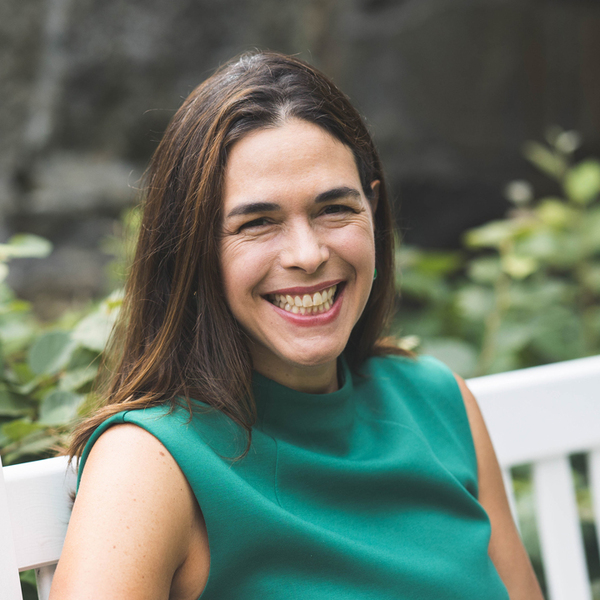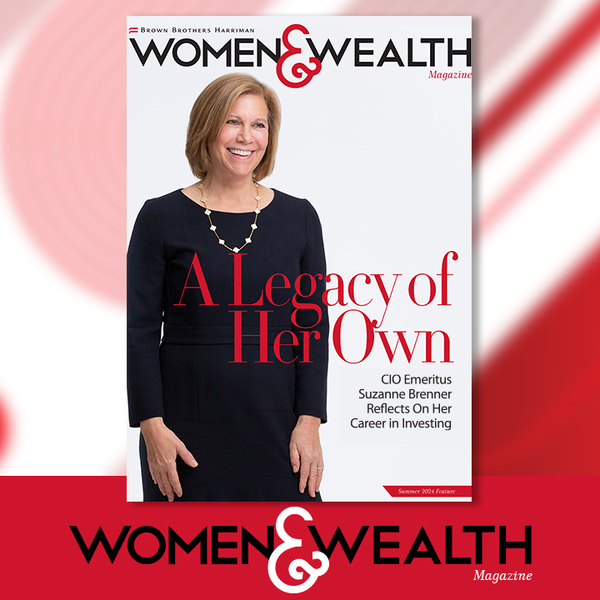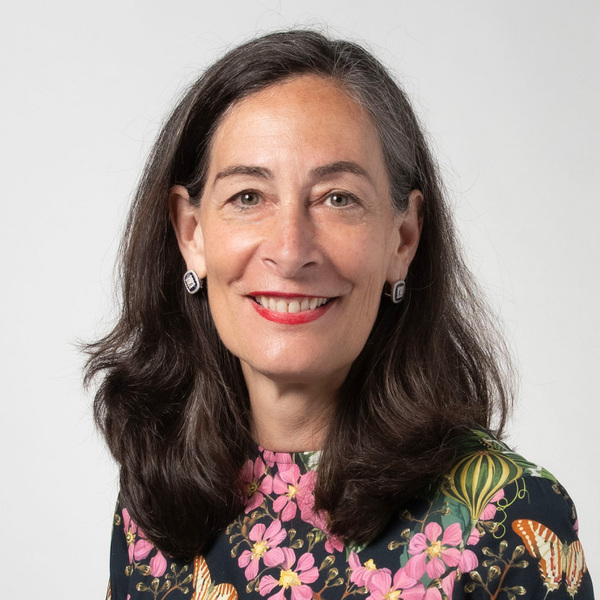Cultivating a community of women
Our Center for Women and Wealth® (CW&W) is committed to engaging and supporting women as they create and manage wealth. We focus on the issues women care about most and curate experiences and conversations for women to grapple with investment, planning, and philanthropic decisions, including issues related to business ownership and raising responsible children. Great things happen when engaged women come together.
When we launched the Center for Women & Wealth 10 years ago, women were poised to come into more wealth than ever before. Now, women are the face of broad shifts within the finance industry and global wealth in general, with women-controlled assets predicted to further rise by 2030 and increasingly more women holding financial decision-making roles.
Wealth controlled by U.S. women is on the rise….
- Total assets controlled by U.S. women rose from $10 trillion in 2018 to $18 trillion in 2023.
- Women-controlled assets are projected to be nearly $30 trillion by 2030, about 38% of total U.S. assets.
- In 2024, 71% of women were investing in the stock market, vs. 60% in 2023.
- Factors driving “money-in-motion” events:
o Social: A decline in marriage rates paired with higher divorce rates
o Economic: Women’s average earnings continue to grow
o Demographic: An increase in the number of affluent widows
o Cultural: A broad shift in attitudes about women and financial confidence
…And so is women’s financial confidence:
- U.S. women under 50 who express financial confidence increased from 48% (2018) to 61% (2023).
- 54% of U.S. women expect to achieve their financial goals.
Women investing in the stock market, by generation:
- Gen Z: 77%
- Millennials: 74%
- Gen X: 65%
- Baby boomers: 70%
Gen Z women are almost two times more likely than Gen X to invest outside of retirement.
Despite these shifts, there is still plenty of room for change. Wealth management industry leaders cite three key challenges:
- Lack of diversity among wealth advisors
- Lingering perception of men as the primary clients
- Insufficient engagement with the next generation of women
o 35% of U.S. women don’t work with a financial advisor until after age 45
o 46% of Gen Z get their investing ideas from social media
How can we address these challenges?
- Develop a greater understanding of the next generation of female investors – their values, preferences, and needs
- Educate advisors on how to engage and retain female clients of all ages
- Build teams to effectively reach more women
Sources:
2. https://preview.thenewsmarket.com/Previews/FINP/DocumentAssets/678330.pdf
This communication is for informational purposes only. The information herein has not been based on a consideration of any individual investor’s circumstances and is not investment advice, nor should it be construed in any way as tax, accounting, legal or regulatory advice. Individuals should consult their personal tax, accounting and legal advisers regarding any potential investment or strategy. Any views and opinions are subject to change at any time.
This material does not constitute an offer or solicitation in any jurisdiction where or to any person to whom it would be unauthorized to do so.
Investment Advisory Products and Services:
NOT FDIC INSURED NO BANK GUARANTEE MAY LOSE VALUE










